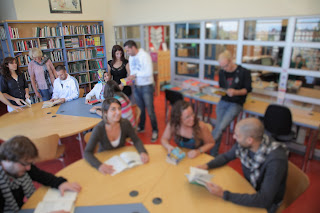"Forever Young"
May the good Lord be with you
Down every road you roam
And may sunshine and happiness
surround you when you're far from home
And may you grow to be proud
Dignified and true
And do unto others
As you'd have done to you
Be courageous and be brave
And in my heart you'll always stay
Forever Young, Forever Young
Forever Young, Forever Young
May good fortune be with you
May your guiding light be strong
Build a stairway to heaven
with a prince or a vagabond
And may you never love in vain
and in my heart you will remain
Forever Young, Forever Young
Forever Young, Forever Young
Forever Young
Forever Young
And when you finally fly away
I'll be hoping that I served you well
For all the wisdom of a lifetime
No one can ever tell
But whatever road you choose
I'm right behind you, win or lose
Forever Young, Forever Young
Forever Young ,Forever Young
Forever Young, Forever Young
For, Forever Young, Forever Young
Down every road you roam
And may sunshine and happiness
surround you when you're far from home
And may you grow to be proud
Dignified and true
And do unto others
As you'd have done to you
Be courageous and be brave
And in my heart you'll always stay
Forever Young, Forever Young
Forever Young, Forever Young
May good fortune be with you
May your guiding light be strong
Build a stairway to heaven
with a prince or a vagabond
And may you never love in vain
and in my heart you will remain
Forever Young, Forever Young
Forever Young, Forever Young
Forever Young
Forever Young
And when you finally fly away
I'll be hoping that I served you well
For all the wisdom of a lifetime
No one can ever tell
But whatever road you choose
I'm right behind you, win or lose
Forever Young, Forever Young
Forever Young ,Forever Young
Forever Young, Forever Young
For, Forever Young, Forever Young








